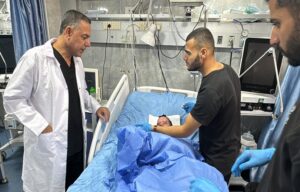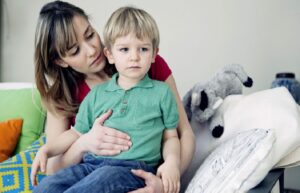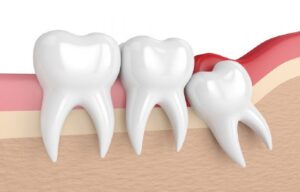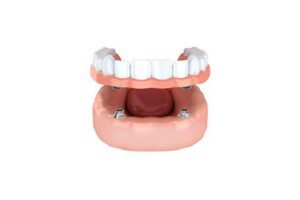How to Help Children Deal with Trauma?
3 min read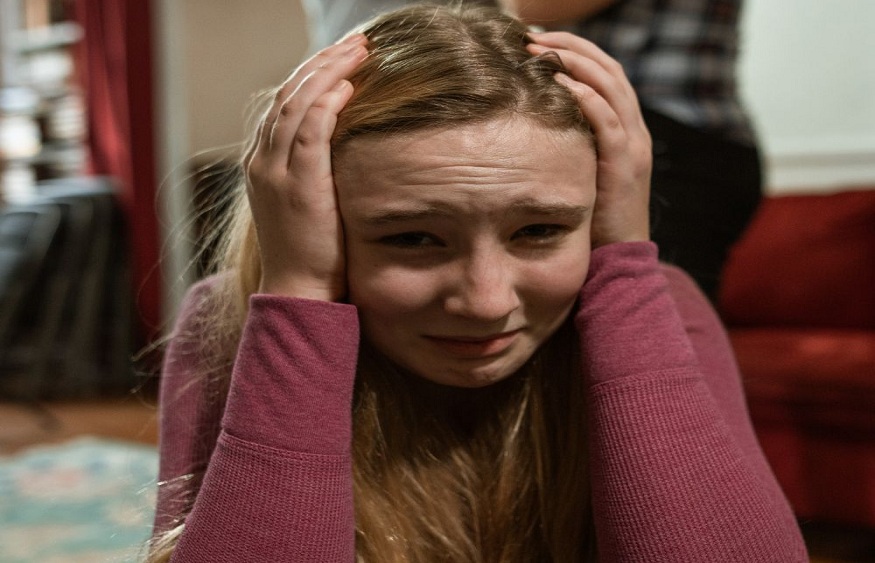
A traumatic event is something that can be described as dangerous, frightening, stressful, or violent; it can have a massive impact on mental and physical health and wellbeing. Trauma can occur in many forms. It could be one-off events or something that happens on a regular basis. For example, an adult or child who is involved in or has witnessed a serious car accident could be traumatized by the experience. Trauma can also occur because of things like physical or sexual abuse, or even bullying. When trauma occurs in childhood, it can have serious implications for the child in question and can affect their behavior in a number of ways. These can include:
- night terrors
- poor appetite
- low body weight
- excessive screaming or crying
- feelings of shame or guilt
- anxiety
- trouble concentrating
- difficulty sleeping
- depression
- self-harming
- eating disorders
- alcohol or drug abuse.
How to Help a Child Deal with Trauma
How a child is helped to deal with trauma will depend on the age of said child and the causes of the trauma. According to the experts at Psych Blossom (https://psychblossom.com/), the support and reassurance of an adult can make all the difference when it comes to childhood trauma. Whoever is caring for a child – be that the parent, another relative, or a foster carer – should help a child struggling with trauma to feel safe and secure.
Regardless of the age of the child, feeling safe is important. How this is done though usually does depend on the child’s age. Hugs are appropriate for all age groups, but it is important to follow the child’s lead. For example, a child who has been subjected to physical or sexual abuse might not like to be cuddled or hugged. Sometimes all that is needed is a pat on the back or even just knowing that you are present.
Older children can benefit from chats and reassurance that everything is going to be okay. You might also consider counseling or therapy for the child if it is age appropriate.
Children also benefit from routine, especially younger children. This means establishing bed times, regular mealtimes, and rules. Children might say they don’t like rules but having them in place makes them feel safe; routines give them the assurance that everything can get back to normal.
One of the best ways to help a child to deal with trauma is to let them be a child again (or teach them how to enjoy being a child if they have spent their early years dealing with abuse or neglect). Show them how to play and have fun by introducing them to new activities.
Stay calm and be patient with the child. Remember that children deal with traumatic events in different ways. Even two children who have had the exact same experiences might recover in different ways. There is no right or wrong way to react to trauma and no one size fits all way to deal with it. What you can do is try to shield children from your own anxieties. Children seek reassurance from adults when stressed or frightened, so if you are exhibiting the same feelings it can make them feel even more scared.
Conclusion
Traumatic events can have a negative impact on the health and wellbeing of both adults and children. However, because children lack the skills to deal with trauma by themselves, it is up to the adults in their lives to help them deal with it in a healthy way.
If you are caring for a child who has suffered trauma, the most important thing you can do is to make them feel safe and secure.

